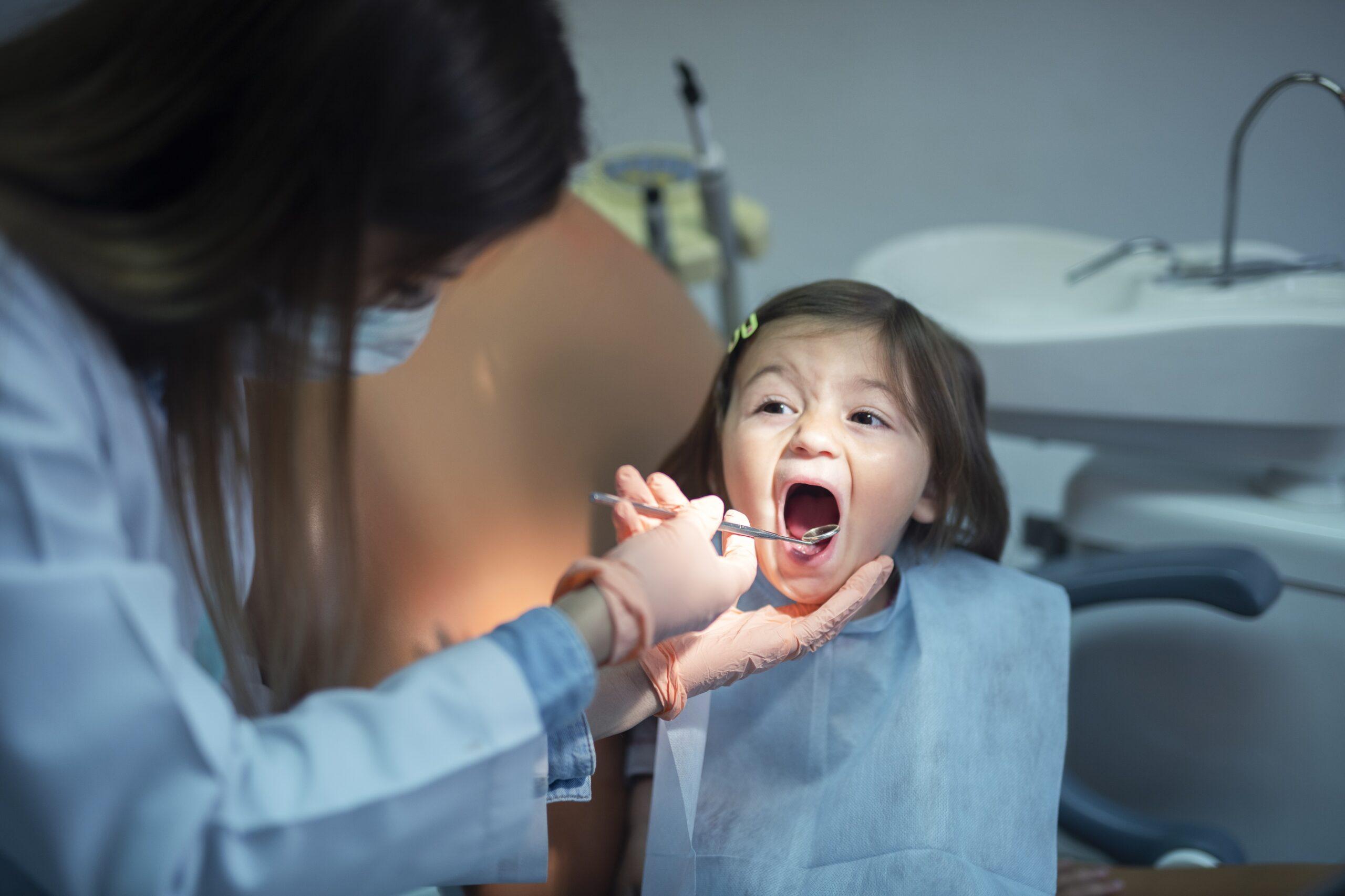


Most dentists in Canada do not charge GST/HST or QST. As most of the services are exempt from GST/HST or QST.
GST/HST is an indirect tax. The registrant collects GST/HST from customers and remits the amounts collected minus ITC to CRA.
You need to register for GST/HST with CRA and collect HST from your customer if your revenue in general $30,000.00 or more in a year from taxable supplies including zero-rated supplies.
The GST/HST application on dental services across Canada has an impact on their business. In general, most health, medical, and dental services performed by licensed physicians or dentists for medical reasons are exempt in Canada from GST/HST.
Canadian GST/HST

The federal tax rate is 5%. Once the Harmonized sales tax was adopted in Canada, a province that has adopted the harmonized sales tax system, then the provincial sales tax rate (PST) is added with federal GST and it is called “HST.”
Virtually everything you sell either goods or services everything comes under the radar of GST/HST. However, these goods and services are categorized into taxable supplies, exempt supplies, and zero-rated supplies for GST/HST purposes.
Dental services mostly performed by licensed physicians are classified under “exempt supply.” The practitioner does not charge GST/HST to the patient/customer on the dental services provided. This is very much favorable when you are a patient receiving dental services. But on the other side, the practitioner faces some implications when they claim the ITC.
The ITC is the portion of GST/HST that the practitioner pays on his expenses, whether related to direct supplies of materials or office administration, telephone, rent, utilities, etc.
The rule for GST/HST is that you can not claim ITC if you sell goods and services that are exempt from GST/HST. However, you can claim ITC when you sell goods and services that are zero-rated.
The practitioner may incur and pay a large amount of GST/HST on the purchase of equipment, rent, and supplies; however, he/she can not claim ITC because the services are exempt from GST/HST. This increases the costs of running the business for a Dentist.
However, there is some relief available to a Dentist when they provide the following services.
When a dental clinic provides services that are considered cosmetic and when the clinic sales of products that are not related to dental medical treatment are “taxable supply.” The practitioner needs to charge GST/HST to its patient if they already have GST/HST registration with CRA. Since the cosmetic services and sales of goods outside basic dental treatment are not exempt from GST/HST, the practitioner can claim ITC on the direct supplies and related expenses. Under this scenario, the practitioner can also claim proportionate ITC on the general nature of expenses like rent, utilities, and telephone, etc.
Orthodontic appliance rental or sales are considered taxable under GST/HST, but they are zero-rated. This means the dental clinic does not charge GST/HST to the patient/customer. The rule is that you can claim ITC on the related expenses which directly or indirectly relates to sales of zero rate supplies or services. Since the sale or rental of orthodontic appliances is zero-rated, the clinic can claim ITC on the costs or expenses related to orthodontic appliances.
It would have been quite complicated to determine the portion of overheads that relates to Orthodontic services. If the clinic provides these services, they will be able to claim ITC on the related overheads. To simplify this process CRA has allowed the dental clinic to consider 1/3rd of all the overheads as it relates to orthodontic services if the clinic provides this service.
Lab services are under zero-rated. A practitioner who maintains good bookkeeping and the records of billing procedures will be able to claim a percentage of HST paid on expenses. This will require proportionate the lab billings to total clinic billings, which can be used to claim an equal share of GST/HST paid for the lab.
As you can see, a dental practice can have taxable supplies or supplies that are exempt, or zero-rated for GST/HST purposes. This makes the dentistry business a unique industry for GST/HST purposes. The practitioner may need proper tax planning accurate bookkeeping, which can help in reducing costs of doing business.
The implication of GST/HST for dental clinics and the claim of input tax credit (ITC) requires the attention of an experienced bookkeeper or an accountant who is experienced in this area. You may need to evaluate your situation and act accordingly.
RKB Accounting has expertise in cross-border taxation and has been providing accounting and taxation services for the last fifteen years in Canada and USA. RKB services include incorporating a business on both sides of the border, bookkeeping, sales tax, payroll, and corporate and personal income tax. RKB’s expertise includes cross-border tax planning, long-term tax planning, helping business start-ups, business structure planning, and resolving complex tax matters. RKB a CPA(Delaware), CA(India), and CIA(USA) has over 25 years of experience in accounting and taxation in dealing with various countries in the world.
Disclaimer: Information in the blog/post/article has been presented for a broad and simple understanding. This is not legal advice. RKB Accounting & Tax Services does not accept any liability for its application in any real situations. You need to contact your accountant or us for further information.